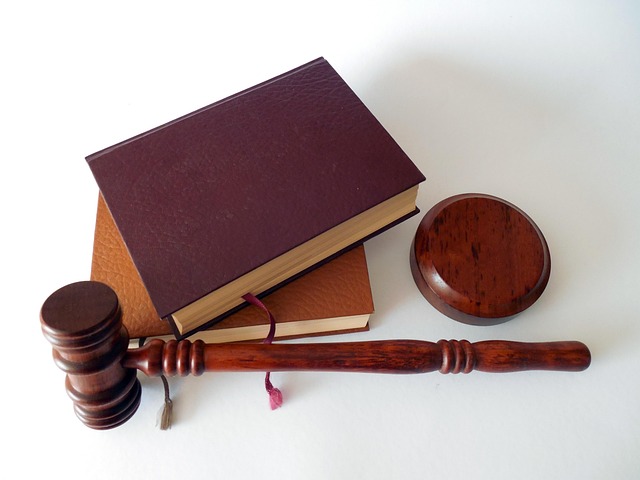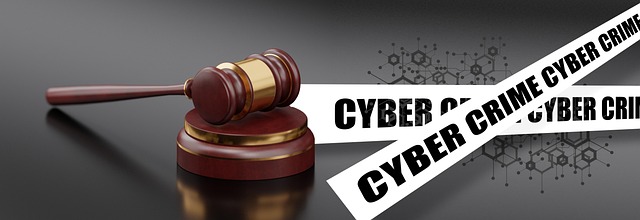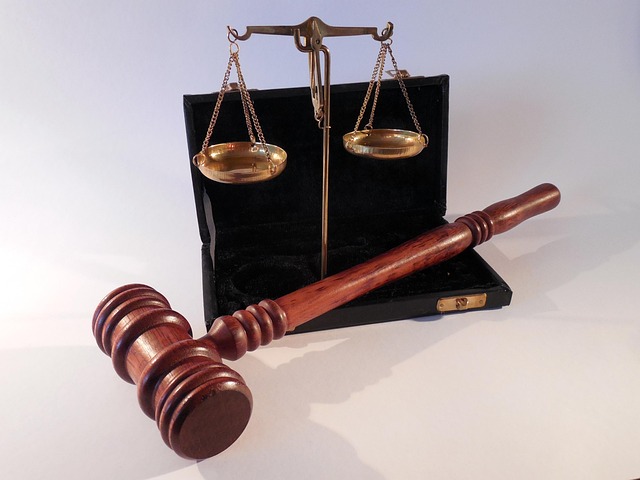Consumer protection suits, grounded in due process from criminal trials, safeguard individual rights against unethical business practices. These cases ensure consumers have a fair chance to be heard, access justice, and protect against arbitrary decisions. Due process acts as a cornerstone, offering all parties the right to present their case, cross-examine witnesses, and access relevant evidence. Balancing consumer rights with justice involves adhering to these principles for transparent, ethical business conduct while ensuring fair trials for all defendants. Challenges include navigating complex cases and maintaining equilibrium between consumer protection and legal principles, particularly regarding Due Process Rights in Criminal Trials.
Consumer Protection Suits play a vital role in safeguarding individuals from unfair business practices. This article explores key legal aspects, including Understanding Consumer Protection Suits from a legal perspective, The Role of Due Process in Protecting Consumers, and Ensuring Fair Trials for accused individuals. We also delve into the impact and challenges, focusing on balancing consumer rights and justice. By examining these components, we gain insights into how due process rights in criminal trials contribute to a fair and just consumer protection system.
- Understanding Consumer Protection Suits: A Legal Perspective
- The Role of Due Process in Protecting Consumers
- Ensuring Fair Trials: Rights of Accused Individuals
- Impact and Challenges: Balancing Consumer Rights and Justice
Understanding Consumer Protection Suits: A Legal Perspective

Consumer Protection Suits are legal battles aimed at safeguarding the rights of individuals against unfair or deceptive practices in their dealings with businesses. From a legal perspective, these suits are underpinned by the fundamental principle of due process, ensuring that consumers have the same protections as other citizens in criminal trials. This means they enjoy the right to be heard, access to justice, and protection from arbitrary decisions.
In navigating these suits, understanding the interplay between consumer rights and business responsibilities is key. The philanthropic and political communities often play a crucial role in shaping legislation that defines these rights and duties, respectively. By achieving extraordinary results through litigation, consumers not only recover losses but also send powerful messages to respective businesses, fostering an environment of transparency and accountability.
The Role of Due Process in Protecting Consumers

In consumer protection suits, due process plays a pivotal role in safeguarding the rights of both corporate and individual clients. It ensures that businesses are held accountable for their actions while providing a fair and just framework for resolving disputes. This is particularly crucial in high-stakes cases where an unprecedented track record of unethical practices might be involved. Due process rights in criminal trials, though primarily focused on criminal defendants, also apply to civil matters, including consumer protection litigation, ensuring that all parties have the opportunity to present their case, cross-examine witnesses, and access relevant evidence.
By adhering to due process principles, legal systems maintain their integrity and uphold the rule of law. This is essential in navigating complex consumer rights issues, where distinguishing between legitimate business practices and deceptive strategies can be challenging. Ensuring a thorough and fair process not only protects consumers but also promotes transparency and ethical conduct among businesses, fostering a more trustworthy marketplace for all participants.
Ensuring Fair Trials: Rights of Accused Individuals

In any legal process, ensuring fair trials is paramount to upholding justice. This principle holds true especially in consumer protection suits, where both corporate and individual clients face accusations. Accused individuals have fundamental rights guaranteed by law, particularly in criminal trials, to protect them from unjust consequences. These Due Process Rights ensure that every person is entitled to a fair and impartial hearing, providing them with the opportunity to defend themselves against any allegations.
The rights of the accused encompass several key aspects. They include the right to be informed of the charges, the right to confront witnesses, and the right to legal representation. Additionally, these individuals have the liberty to present evidence in their defense and to cross-examine those who testify against them. Achieving extraordinary results in consumer protection cases requires a balanced approach where both the interests of the victims and the due process rights of the accused are respected, fostering trust within the philanthropic and political communities.
Impact and Challenges: Balancing Consumer Rights and Justice

Consumer protection suits play a pivotal role in balancing consumer rights and justice, a delicate act that’s crucial to maintaining a fair marketplace. While these lawsuits aim to safeguard consumers from unfair business practices, they also present challenges in ensuring due process for both corporate and individual defendants. Across the country, navigating these cases can be complex, especially as plaintiffs seek to avoid indictment without compromising the integrity of their claims.
The impact of consumer protection laws is significant, holding businesses accountable for their actions and promoting transparency. However, striking a balance between protecting consumers and upholding legal principles is not without hurdles. Defendants, whether corporate or individual, have Due Process Rights in Criminal Trials that must be respected, adding layers of complexity to these cases. Effectively addressing these challenges requires a nuanced approach that respects both consumer rights and the fundamental justice system.
Consumer protection suits, while crucial for upholding justice and safeguarding rights, must navigate a delicate balance. Ensuring fair trials, as articulated through Due Process Rights in criminal trials, is paramount. Protecting both consumer interests and the rights of accused individuals fosters a just and balanced system. By understanding these dynamics, we can enhance consumer protection while respecting fundamental legal principles.






